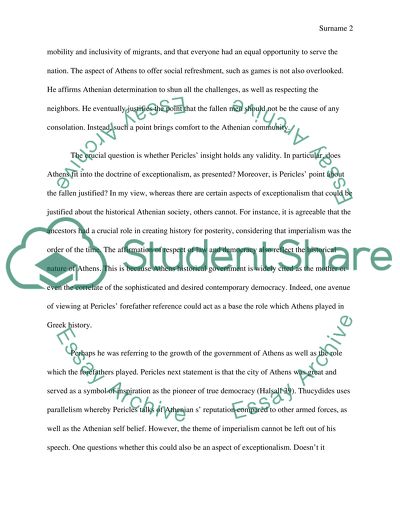Cite this document
(“History and Political Science; A Response to Historical Cases Essay”, n.d.)
History and Political Science; A Response to Historical Cases Essay. Retrieved from https://studentshare.org/history/1472125-western-civilization
History and Political Science; A Response to Historical Cases Essay. Retrieved from https://studentshare.org/history/1472125-western-civilization
(History and Political Science; A Response to Historical Cases Essay)
History and Political Science; A Response to Historical Cases Essay. https://studentshare.org/history/1472125-western-civilization.
History and Political Science; A Response to Historical Cases Essay. https://studentshare.org/history/1472125-western-civilization.
“History and Political Science; A Response to Historical Cases Essay”, n.d. https://studentshare.org/history/1472125-western-civilization.


